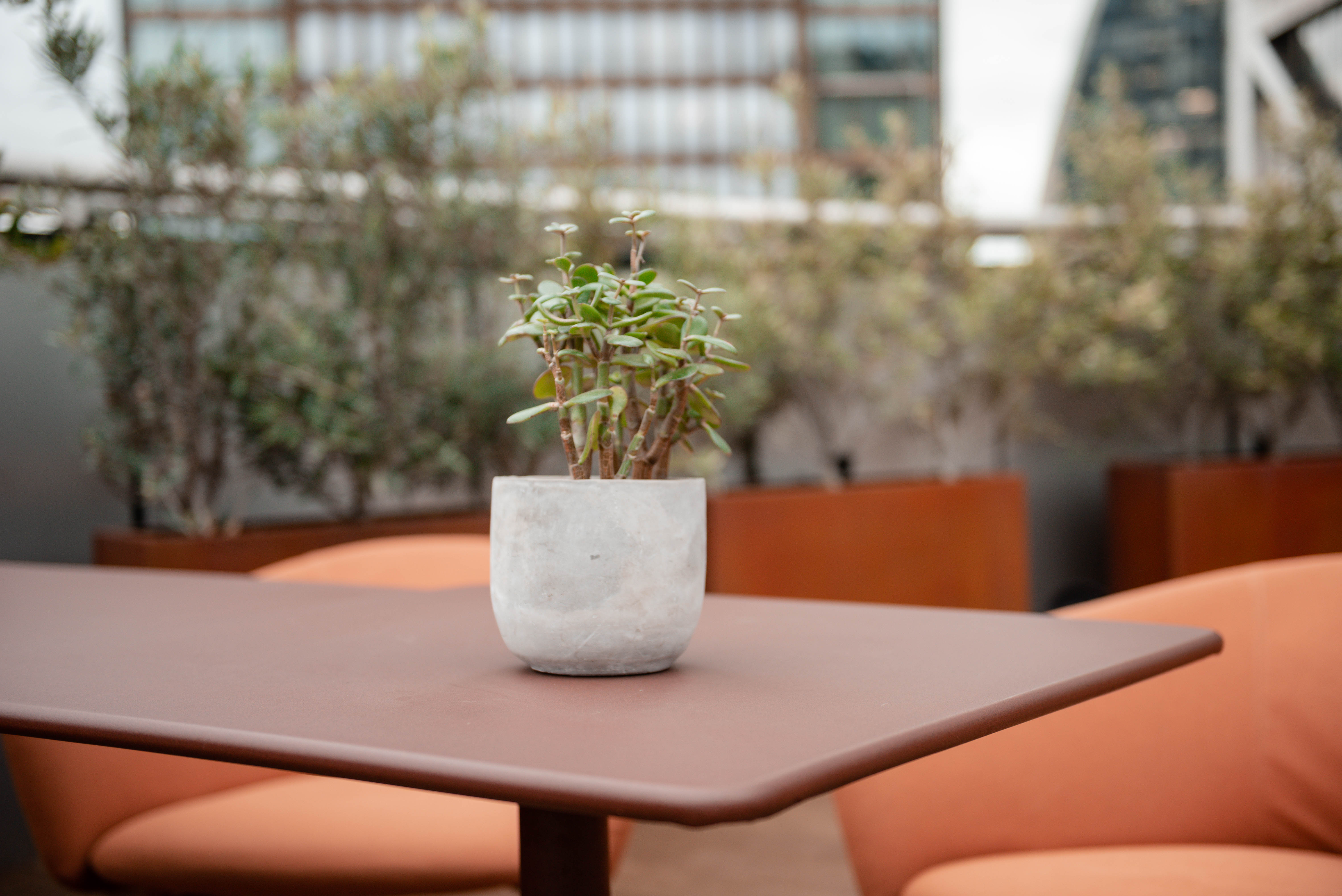
Our original blog, How To Become a Private PA, published in 2020, remains one of the most-read articles on the Lily Shippen website. It continues to attract readers looking for practical advice on how to build a successful Private Personal Assistant (PA) career.
As the demand for Private PAs increases, we have updated our advice to reflect the current landscape. This refreshed guide for 2025 outlines what it really takes to move into a Private PA role and how to stand out in a competitive market.
To revisit our original guide and explore additional tips, you can read it here.
What Does a Private PA Do?
A Private PA provides personal support to an individual or family, working behind the scenes to make their life run smoothly. Every role is different, but responsibilities may include:
-
Managing properties or multiple households
-
Booking private travel and luxury holidays
-
Running errands and organising personal shopping
-
Diary and calendar management
-
Planning events such as social functions and family occasions
-
Liaising with household staff, suppliers, and service providers
-
Handling confidential or sensitive information
Flexibility, trust, and discretion are essential in every Private PA role.
Why Private PA Roles Are Rarely Advertised
Unlike corporate positions, Private PA roles are often not advertised publicly. Instead, they are filled through personal recommendations, word of mouth, or specialist recruitment agencies like Lily Shippen.
This means candidates must take control of their job search. Relying solely on job boards will not be enough. Building genuine relationships with recruiters and professionals in the private support space is essential.
Build Your Network with Purpose
Networking remains one of the most powerful tools for breaking into a Private PA role. Attend relevant events, engage with the private support community, and use LinkedIn to connect with people in the sector.
Consider asking experienced Private PAs or household managers for informal interviews to understand what their role involves. Stay visible and approachable by sharing relevant insights, contributing to discussions, and keeping in touch with industry contacts.
At Lily Shippen, we offer a free mentoring programme for Executive Assistants and Personal Assistants, launched in 2024. It connects aspiring professionals with experienced mentors who provide tailored guidance and support.
What Skills Do You Need To Be a Private PA?
Private PA roles require more than just organisational ability. Employers look for a combination of core and specialist skills, including:
-
Absolute discretion and confidentiality
-
Strong organisational and time management skills
-
A proactive and solutions-focused mindset
-
Flexibility and resilience in changing situations
-
Emotional intelligence and excellent communication
Additional expertise can be a real advantage. For example:
-
Tech proficiency to manage calendars, expenses, and travel bookings
-
Knowledge of luxury travel, brands, and lifestyle management
-
Confidence in negotiating with suppliers and managing budgets
-
Experience with property management and household operations
-
Handling confidential legal or financial documents
These skills show potential employers that you can manage high levels of responsibility with confidence and professionalism.
How To Gain Relevant Experience
Most Private PA roles require candidates to demonstrate experience in both business and personal support. If you are currently working as an Executive Assistant or Personal Assistant, there are ways to build relevant experience.
Offer to support your executive with personal tasks such as:
-
Booking private holidays or appointments
-
Managing family calendars or school schedules
-
Coordinating household maintenance or liaising with suppliers
-
Organising social events or family gatherings
If these responsibilities are not available in your current role, look for ways to gain similar experience outside of work. This could include:
-
Volunteering to plan events or manage logistics for a charity
-
Supporting a small business owner with personal admin
-
Taking on temporary or part-time Private PA roles
You could also develop your skill set by completing short courses in areas such as:
-
Event planning
-
Travel booking systems
-
Lifestyle management
-
Property or household management
These skills can strengthen your CV and show that you are serious about moving into the Private PA space.
Be Creative in Your Job Search
Finding a Private PA role requires creative thinking. Keep your LinkedIn profile updated, stay connected with your contacts, and be clear about your career goals.
Tailor your CV to highlight experience relevant to Private PA positions. Focus on tasks that demonstrate discretion, adaptability, and personal support. Include specific examples that show your ability to manage high-profile or sensitive responsibilities.
Working with a specialist recruiter like Lily Shippen gives you access to opportunities that are often never advertised. We take time to understand your background, strengths, and aspirations so we can introduce you to the right roles and clients.
Take the Next Step with Lily Shippen
If you are ready to explore a career as a Private PA, we are here to support you. From personalised job matching to our free mentoring programme, our team is committed to helping you move forward with confidence.
Explore current Private PA opportunities or get in touch with the team today. For additional insights, you can also read our original blog on how to become a Private PA here.
Related Posts
How Has the Role of a PA Evolved in Recent Years? (Video)
How has the role of the PA (Personal Assistant) and EA (Executive Assistant) evolved in recent...
How to become a Private PA
A Private PA typically works for one individual, whether a celebrity, high-net-worth individual...

